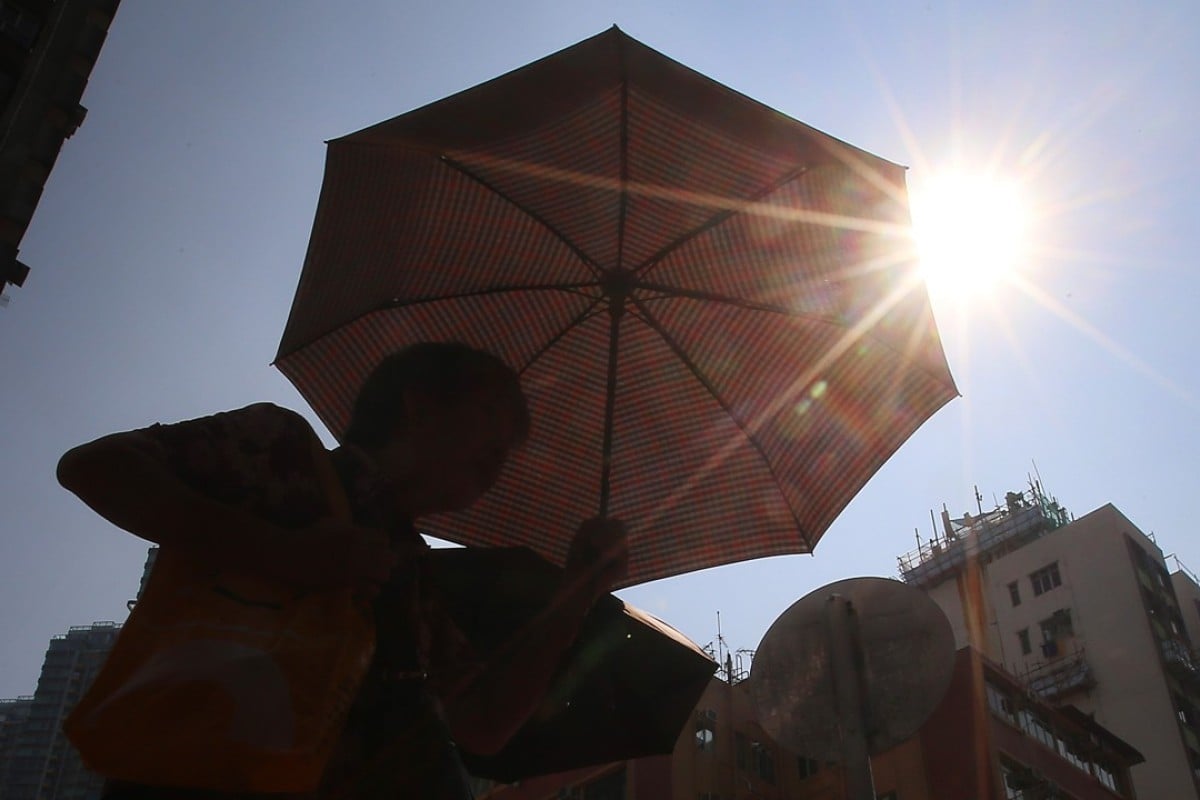Introduction
The Hong Kong Observatory has issued a Very Hot Weather Warning recently, alerting everyone to dangerously high temperatures. This warning was announced at 6:45 a.m., signaling that the heat is serious and could last through the day. It’s important to pay attention to this warning because soaring temperatures can be harmful if you’re not careful. Staying safe and cool should be a top priority for everyone right now.
Background on the Hong Kong Observatory
The Hong Kong Observatory, or HKO, has been around since 1883. Its main job is to watch the weather and warn people about dangerous conditions. They issue different kinds of warnings, like for rainstorms, typhoons, and very hot weather, to keep everyone safe. In the past, the HKO has given out similar hot weather warnings, especially during summer months. These warnings have helped people prepare and avoid health problems caused by heat.
Current Weather Conditions
Right now, Hong Kong is experiencing very high temperatures. Some areas are seeing numbers climb above 33 degrees Celsius (91 degrees Fahrenheit), and it might feel even hotter because of humidity. This “feels like” temperature, called the heat index, can make it seem like it’s over 40 degrees Celsius (104 degrees Fahrenheit). The heat is worse because of things like climate change, which is making summers hotter, and the urban heat island effect, where buildings and roads trap heat in the city.
Health Risks and Precautions
Very hot weather can be dangerous. It can cause heat stroke, which is when your body overheats and can’t cool down. It can also lead to dehydration, where you lose too much water, and heat exhaustion, which makes you feel weak and dizzy. Health experts say to drink plenty of water, stay in the shade, and avoid being outside during the hottest parts of the day. For older people, young kids, and those with health problems, extra care is needed. They should stay indoors with air conditioning if possible and check on each other often.
Impact on Daily Life
This hot weather warning changes how people go about their day. Outdoor events might be canceled, and commuting or working outside can be tough. For those who work outdoors, like construction workers, it’s important to take breaks in cool areas. Employers should adjust schedules to avoid the hottest times. Hong Kong also has public cooling centers where people can go to escape the heat. Check with local community centers for places to cool off if you don’t have air conditioning at home.

Environmental and Economic Impact
High temperatures affect more than just people. They increase energy use because everyone is running fans and air conditioners, which can strain power supplies. Air quality can get worse too, as heat mixes with pollution. Economically, utility bills go up with more cooling, and health care costs rise if people get sick from the heat. In the long run, Hong Kong needs better city planning, like more green spaces and heat-resistant buildings, to handle these hot days.
Comparative Analysis
Looking at past years, this heat wave is part of a trend. Temperatures in Hong Kong have been getting higher, and hot days are happening more often. Climate change is a big reason for this, as it makes heat waves stronger and longer. Experts warn that if things don’t change, Hong Kong could face even hotter summers in the future. They suggest cutting down on pollution and preparing for more extreme weather to protect the city.
Community Response and Preparedness
The Hong Kong government is taking action by spreading the word about the heat warning and offering tips to stay safe. They’ve also set up cooling centers and are checking on vulnerable people. Community groups are helping too, with programs to hand out water and provide shade in public areas. Some locals share their own tips, like wearing light clothes, using umbrellas for shade, and keeping wet towels handy to cool down.
Conclusion
To wrap up, the Very Hot Weather Warning from the Hong Kong Observatory is a reminder to stay cautious during this heat. We’ve talked about the high temperatures, health risks, and how it affects daily life, as well as the bigger environmental and economic impacts. Staying informed and taking steps to stay cool are key to staying safe. We’d love to hear from you—share your own tips or experiences with dealing with hot weather in the comments below.













